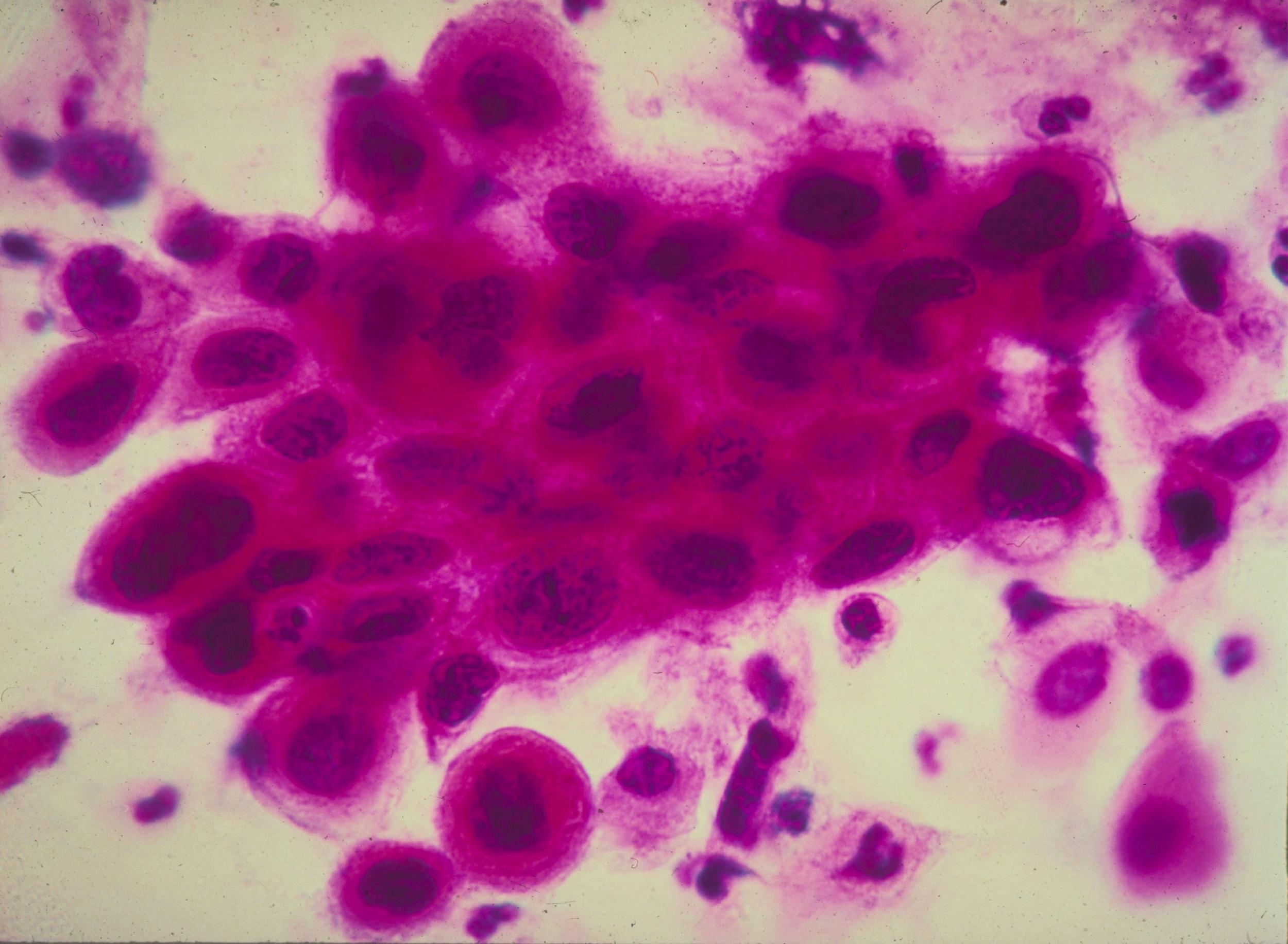'Western lifestyle' to blame for growth of cancer worldwide, new data suggests
14.1 million new cancer cases were diagnosed in 2012 alone

The global burden of cancer is shifting dramatically. Once considered a disease of the wealthy, it now has a significant impact in every region, and the greatest proportional increases in cases in the coming years are predicted to be in the poorest corners of the world. Worldwide, an estimated 14.1 million new cancer cases were diagnosed in 2012 and 8.2 million cancer deaths.
In an analysis that maps the world's hot spots for cancer, epidemiologist Lindsey Torre found a tremendous heterogeneity in which forms of the disease are most commonly diagnosed in different countries. Among the most significant trends they identified is a growing inequality between high-income countries and lower-income countries in cancer diagnoses — with cancer rates declining in high-income countries but rising in lower-income countries.
The difference is especially striking in lung, colorectal and breast cancer. Better screening, early detection and access to treatment plus a decrease in risk factors like smoking probably explain part of the positive trend among the high-income countries.
As for the rising cancer rates in lower-income countries, "it's related to the adoption of a Western lifestyle," Torre explained in an interview. "People are less active," she said. "There is less manual labor and more use of transport. They have access to perhaps more appealing but less healthy foods."
Developing countries also bear a disproportionate burden of infection-related cancers related to the stomach bug helicobacter pylori, hepatitis and human papillomavirus (HPV).
Addressing this inequality is critical, the researchers wrote in the journal Cancer Epidemiology, Biomarkers & Prevention, because "a large proportion of cancers can be prevented through measures including tobacco control, vaccination, early detection, and promotion of healthy lifestyles."

"In addition, the burden of suffering can be reduced through appropriate treatment and palliative care. To apply these cancer control measures equitably around the world, a concerted effort will be required not only from individual country governments but also from international agencies, donors, civil society," they said.
Torre and her colleagues at the American Cancer Society analyzed incidence and mortality data for 2003-2007 from the International Agency for Research on Cancer databases and mortality data from the World Health Organization through 2012. They selected 50 countries selected to represent various regions of the world and focused on eight major cancers.
Among males, prostate cancer is the most commonly diagnosed cancer in most countries, with the exception of those in Eastern Europe where lung cancer is the No. 1 cancer. Among females, breast cancer is the most common among those in North America, Europe and Oceania. There's more diversity in Asia, where lung cancer ranks first in China and North Korea, liver in Laos and Mongolia and thyroid in South Korea.
Copyright: Washington Post
Join our commenting forum
Join thought-provoking conversations, follow other Independent readers and see their replies
Comments